Don’t Let the Bastards Grind You Down: How One Generation of British Actors Changed the World
£13.30£16.10 (-17%)
Alan Bates, Michael Caine, Sean Connery, Tom Courtenay, Albert Finney, Richard Harris, Peter O’Toole, Robert Shaw and Terence Stamp: They are the most formidable acting generation ever to tread the boards or stare into a camera, whose anti-establishment attitude changed the cultural landscape of Britain.
This was a new breed, many culled from the working class industrial towns of Britain, and nothing like them has been seen before or since. Their raw earthy brilliance brought realism to a whole range of groundbreaking theatre from John Osborne’s Look Back in Anger to Joan Littlewood and Harold Pinter and the creation of the National Theatre. And they ripped apart the staid, middle-class British film industry with kitchen-sink classics like Saturday Night and Sunday Morning, This Sporting Life, The Loneliness of the Long Distance Runner, A Kind of Loving and Billy Liar before turning their sights on international stardom: Connery with James Bond, O’Toole as Lawrence of Arabia, Finney with Tom Jones and Caine in Zulu.
Don’t Let the Bastards Grind You Down brings alive the trail-blazing period of theatre and film from 1956-1964 through the vibrant energy and exploits of this revolutionary generation of stars who bulldozed over austerity Britain and paved the way for the swinging 60s. What Peter Biskind’s Easy Riders Raging Bulls did for American cinema writing so Don’t Let the Bastards will do for the British cinema.
Read more
Additional information
| Publisher | Arrow (9 Feb. 2012) |
|---|---|
| Language | English |
| Paperback | 464 pages |
| ISBN-10 | 0099569329 |
| ISBN-13 | 978-0099569329 |
| Dimensions | 12.7 x 3.05 x 20.32 cm |

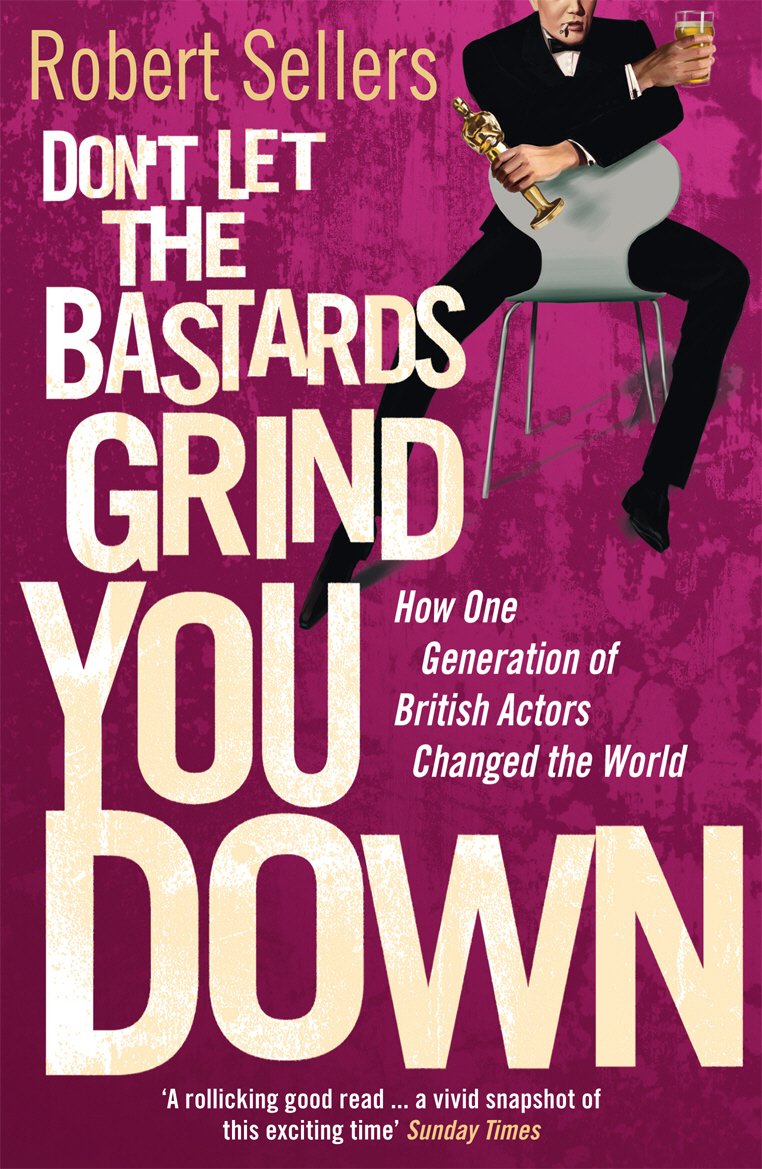


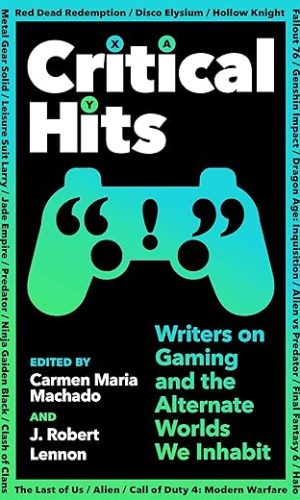

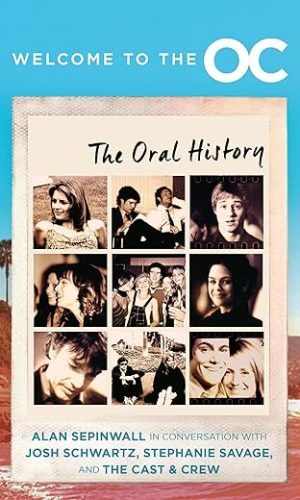
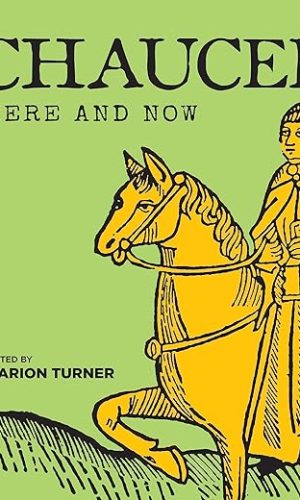
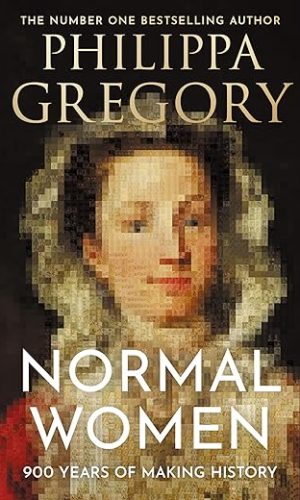

by No One
Nice little insight into what was going on in the time; no doubt a little embelished but enjoayble read.
by Rosemary Jurkowski
Not a very serious study of that group of actors, but quite entertaining,
by G Munro
Good read
by Bensch1186
Very funny
by cora
This is a book for fans of Burton, O’Toole and Harris. It tells the exploits and of the alcoholic excesses of these great British Hellraisers of the 1950s and 60s in the form of a graphic novel and it does so with affection. The whole thing is, of course, gloriously and befittingly politically incorrect and it’s huge fun.
by Withnail
The subject matter is excellent, how could it not be. The big problem I have is the style of writing. The prose and descriptive passages are poor. It reads like a tabloid report. I struggled through 60 pages, at that point I could not face anymore.
Comments such as referring to actors/directors known to be socialist in their views to be ‘trendy lefties’, and gay actors as ‘batting for another team’ are examples of this poor writing, so easily it could have been written objectively.
I bought two other books by the author at the same time, not too sure I will want to try them on the example set by this book.
It may just be my personal taste that I found the writing style to be wanting, but it seems to have lacked a decent editor to offer good alternatives to many of the poor descriptive sentences.
by johnk
i enjoyed this book very much and its wide variety of the famous and infamous if you enjoyed the stars of yesteryear you should love this
by Kenneth Barrett
Those of us who were there at the time will recognise this book as both an entertaining and a perceptive account of one of the most profound shifts in popular modern culture. The late Fifties and the early Sixties saw British cinema change from being a pale shadow of Hollywood, into a tough and gritty depiction of real life and real people, and perhaps astonishingly this was accompanied by enormous commercial success.
Also astonishingly, this change was down to a small number of largely working-class actors, guided by an equally small number of talented directors. Sellers brings this vivid era to life, placing the main players neatly within their time and drawing character sketches that will enthral all ageing film fans.